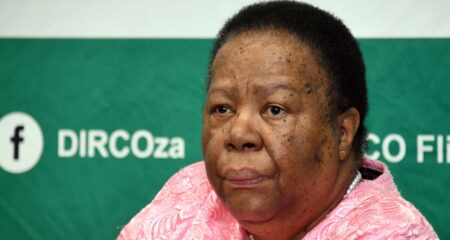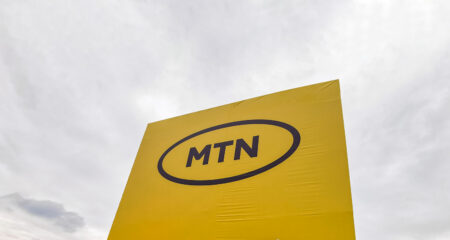
Exploring Mars and searching for extraterrestrial intelligence are among the topics which will feature at the 62nd International Astronautical Congress, which started in Cape Town on Monday.
It is the first time the event, which has attracted more than 2 000 scientists from countries around the world, is being held in Africa.
Speaking at the opening, trade & industry minister Rob Davies told delegates a growing number of African countries were becoming involved in space technologies, and for good reason.
“There are a number of developmental problems on the African continent that can benefit from the application of space-based technologies,” he said. “These include challenges in the areas of food security, in energy, in water resources, as well as … telecommunications and navigation.”
Davies said the scale of SA’s own space programmes was becoming increasingly sophisticated, with a focus on micro-satellites. “We have been focusing on the development of micro-satellites, as well as on the development of ground-based interstellar observation.”
SA was now one of two finalists in the bid to become the site for the Square Kilometre Array radio telescope, Davies said.
The congress is being hosted by the International Astronautical Federation (IAF), together with the local National Research Foundation.
The IAF, described as the world’s foremost space advocacy organisation, is based in Paris. It was founded in 1951, and has 205 members from 60 countries, including SA’s Sun Space company, which built the country’s Sumbandila satellite.
About 20 local aerospace companies are exhibiting their technological, engineering and manufacturing capabilities at the event, being held in Cape Town’s convention centre.
“The congress will provide African industry in general with an opportunity to showcase its own capabilities, an opportunity for the global space community to find out about space activities which are located on our continent, and the possibilities for partnerships which exist among us,” Davies said.
Speaking at the opening, science minister Naledi Pandor said SA possessed space facilities that were unique on the continent. “These include a satellite test and integration facility, situated in Grabouw, and a launch facility situated at Arniston.”
She suggested the latter might be revitalised. “We are deliberating on exactly what to do with respect to the launch facility and really wonder whether we should be spending millions launching in other countries when we have a facility that is currently mothballed in our own country.”
Earlier this year, her department said SA had plans to launch its own satellites within the next 15 years in an effort to break into the global satellite launching market and lower the cost of launching its own.
During the five-day congress, dozens of papers will be presented by experts from around the world. These include, “Nuclear propulsion in spacecraft as a unique solution for a Mars mission” and “Extending Seti [the Search for Extraterrestrial Intelligence] to nearby galaxies”.
The 31 symposia to be held at the event cover topics including space life sciences, small satellite missions, space safety, material and structures, space debris and microgravity sciences and processes. — Sapa
- Image: World Economic Forum
- Subscribe to our free daily newsletter
- Follow us on Twitter or on Facebook
- Visit our sister website, SportsCentral (still in beta)



